

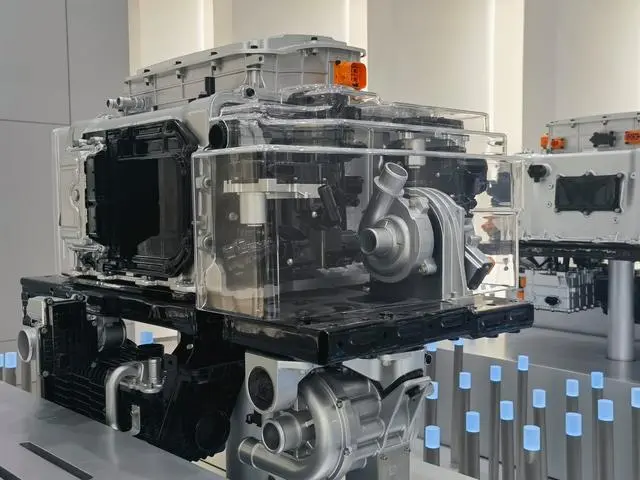
Hydrogen energy is undoubtedly one of the leading energy sources of the future. A hydrogen fuel cell is a device that utilizes the chemical energy of hydrogen to generate electricity.
Compared to the traditional way of burning fuel for energy, the process of generating electricity in a hydrogen fuel cell emits only water. At the same time, fuel cells are also more efficient, as well as less noisy. Hydrogen fuel cells can be used in a wide range of fields, from powering small devices to transportation.
Contact usA fuel cell, also called an electrochemical generator, is a device that converts the chemical energy of a fuel into electrical energy. It is the fourth power generation technology in addition to hydroelectric power, thermal power, and nuclear power.
Under perfect conditions, the thermal efficiency of a fuel cell can approach 100%. Even considering technical limitations and the overall energy consumption of the device, it can achieve an energy conversion efficiency of 45-60%.
Contact us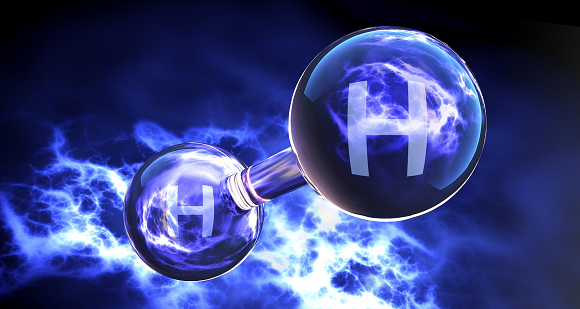
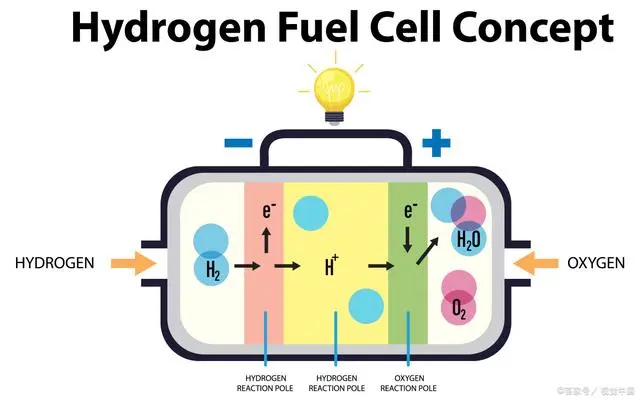
Hydrogen fuel cells use hydrogen to generate electricity, but they do not simply "burn" hydrogen. Each fuel cell has a negative electrode and a positive electrode where hydrogen and oxygen undergo a redox reaction. Hydrogen is oxidized to electrons and ions at the anode, while oxygen is reduced to water at the cathode. The ions are carried by the electrolyte to the cathode, while the electrons travel to the anode and an electric current is thus generated.
Reaction formula: 2H2 + O2 → 2H2O + 2e-
Thanks to the potential difference brought about by the redox reaction, the current from the fuel cell can therefore be used to drive external circuits.
Contact usA Hydrogen fuel cell is mainly composed of a fuel cell electric stack and other parts. The battery stack is undoubtedly the core part, which mainly contains a catalyst, proton exchange membrane, gas diffusion layer, bipolar plate , and so on. The cost of the electric stack accounts for about 65% of the cost of the whole fuel cell system.
Other parts of the fuel cell system: air compressor, humidifier, hydrogen circulation pump, gas storage cylinder, etc.
Contact us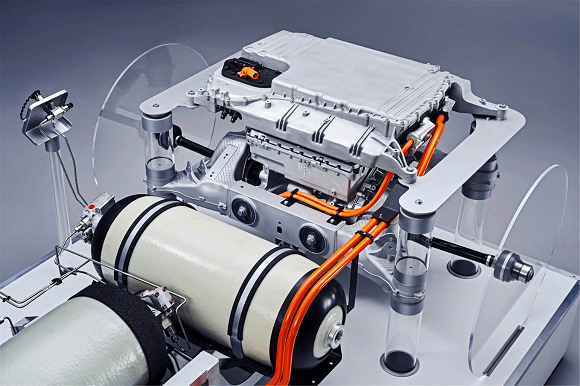
While conventional fuels are powered by combustion, which releases a variety of harmful gasses and dust, the by-products of the reaction process in a hydrogen fuel cell are only water and heat. If hydrogen also comes from green production methods, the whole cycle will be completely free from harmful emissions.
The sound of hydrogen fuel cell operation is about 55dB, which is about the same as the sound volume when people talk normally.
The thermal efficiency of a hydrogen fuel cell can reach more than 50%, which is determined by its power generation method (chemical energy is directly converted into electricity), and does not need to bear the loss of thermal and mechanical energy conversion process.
Although hydrogen is not free, there are many ways to obtain it, such as water electrolysis, or reforming hydrocarbons.
Hydrogen fuel cell vehicles have entered the commercial application stage in several countries, and they have the advantages of zero-emission, long -range , and quick replenishment.
A hydrogen fuel cell is a promising way to store energy, thanks to its simple structure that brings high reliability and low failure rate. It can be used to provide energy for various commercial facilities, plants ,and houses.
As hydrogen fuel cells can provide independent, efficient and silent power, drones, satellites, spacecraft and military reconnaissance equipment, military carriers , and other fields.
Even smaller fuel cell systems can outperform lithium-ion batteries in terms of energy density. This provides more possibilities for mobile equipment energy supply and emergency power systems.
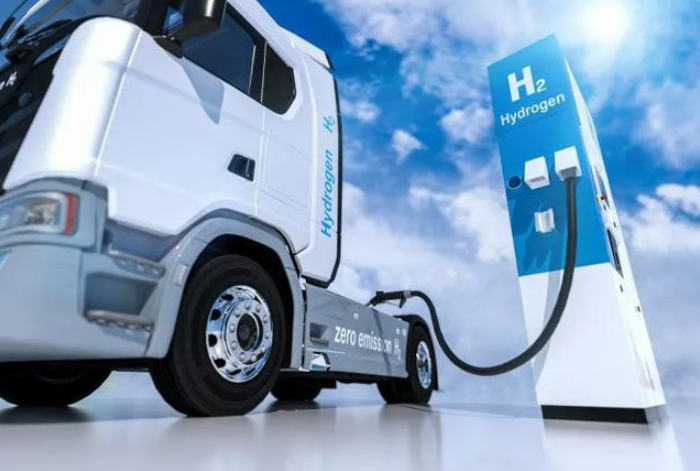
Although hydrogen has the lowest ignition point of any fuel, hydrogen fuel cell cars are even safer than battery electric cars. The secret lies in the speed at which hydrogen diffuses. When a battery electric car catches fire, the energy is not released into the air quickly enough to cause a chain of fires or explosions in the battery. Instead, hydrogen will escape into the air so quickly that it will not be harmful as long as it does not build up over time. When used outdoors, experts agree that hydrogen is no more dangerous than any other fuel.
Contact us